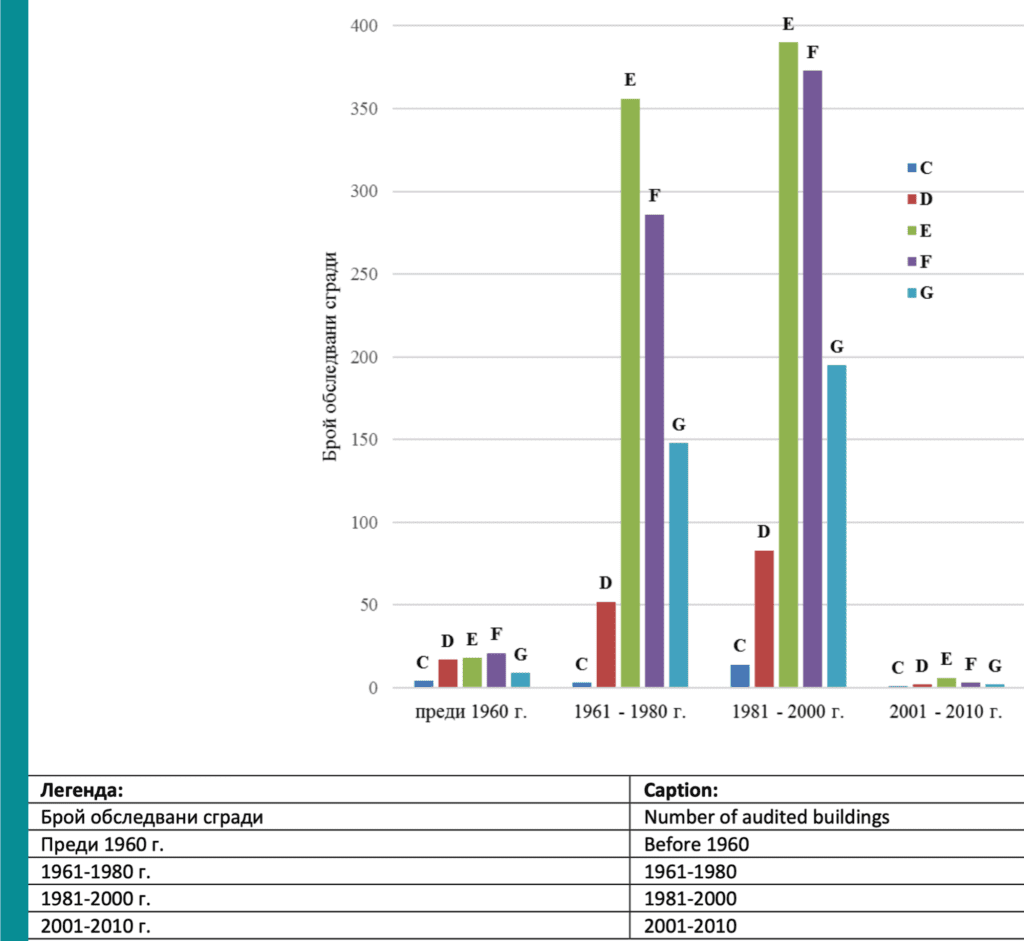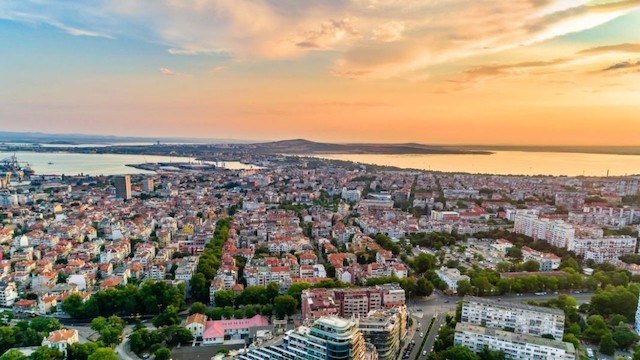Bulgaria is severely affected by fuel poverty, which has become one of the biggest challenges for social inclusion. The attention is drawn to the government to provide a definition of energy poverty and to develop tools to alleviate it.
At this stage, there is still no official definition of energy poverty in Bulgaria, and the existing definitions of the few countries that have already adopted one are not applicable given the differences in the socio-economic status of the population. Bulgaria remains the poorest country in the EU, and many households use extremely cheap energy sources such as wood and coal. Another peculiarity of the country is that over 96% of dwellings are privately owned and over 85% of the usable residential space is housed in buildings built before 2000, when higher energy efficiency requirements came into force. And the impact of the war in Ukraine on the supply and price of hydrocarbon fuels has made tackling energy poverty an even more urgent task.
Energy sources in Bulgaria
Currently, there are no detailed statistics on the distribution of different energy sources among household consumption, but according to the National Long-Term Renovation Strategy, about 36% of energy in the household sector is provided by solid fuels (mainly firewood and coal), which are characterised by extremely low costs and have a strong negative impact on air pollution. Such fuels are mainly used in rural areas and small towns. District heating accounts for 18 % and electricity (including heating) for 45 % of energy. The latter two energy sources are most commonly used for heating urban areas. The share of natural gas use for household heating remains insignificant.
The available data on the energy performance of multi-family buildings presented in the National Long-Term Renovation Strategy (see figure below) show that buildings in energy classes E to G have the highest share, which is actually logical considering the lack of financial instruments and communication with households about the benefits of energy efficiency, which in any case should not be considered only from a financial point of view, as high CO2 levels, the presence of mould and condensation and high dust levels lead to increased health problems for the population.

Major energy-related challenges
Having lived in poverty for many years, most Bulgarian households have long ago, and the hard way, arrived at a large set of behavioural measures leading to energy reduction and increased comfort (sticking sealing strips on windows in winter, turning off or reducing heating in unoccupied rooms, using a night tariff for electric water heaters, etc.). However, this is always done at a household level, and in fact the sustainable solution to energy poverty is deep renovation. Unfortunately, this is where the main problem lies, and that is the association of owners of multi-family residential buildings in order to introduce large-scale energy efficiency measures at the building level. The most recent evidence of this problem was the extremely low interest in participating in the National Programme for Energy Efficiency, where despite the 100% grant offered on the sole condition that individual owners create an association, gathering 2000 buildings to participate in the programme proved to be a challenge.
Engaging local household in tackling energy poverty
Local authorities played the key role in attracting households to participate in the EnergyMeasures programme, and those that put effort into organising meetings with households and awareness campaigns also achieved the best results. In particular, two of the most active municipalities (Burgas and Gabrovo, members of the Municipal Energy Efficiency Network – EcoEnergy) committed to support the organisation of meetings with household representatives in multi-family residential buildings. EcoEnergy will provide free energy audits of their buildings, where energy consumption in the buildings will be analysed in detail and specific recommendations for the implementation of energy efficiency measures will be made.
Another major factor that weighed in the selection of households to participate in the project was the migration of the population from the villages to the cities, where housing is mainly in multi-family apartment buildings built during the socialist era. In recent years, there has also been a reverse migration, but mostly from more affluent households, to the villages around the large cities. This is why EcoEnergy’s focus during the EnergyMeasures project is on the occupants of old multi-family residential buildings where a larger share of the population in Bulgaria lives.
Establishing a baseline
The electricity market in Bulgaria is still at regulated prices, with consumption information available on a monthly basis, both in the invoices issued by the suppliers and on the websites of the three electricity distribution companies operating in the country. For the needs of the project, EcoEnergy, together with representatives of the municipalities of Burgas and Gabrovo initiated the sending of letters to the electricity distribution companies to provide information on electricity consumption for a three-year period in a convenient form. The electricity distribution company operating on the territory of the municipality of Gabrovo provided the data almost immediately for a minimal fee, while negotiations are still ongoing with the company operating on the territory of the municipality of Burgas, given the extremely complicated internal procedures for providing data, requiring notarized powers of attorney from the household representatives. Data on heat consumption by district heating companies and water consumption by water utilities for the last 3 years, by month, in both municipalities were obtained quickly and without additional charges. Data on heat consumption by district heating companies and water consumption by water utilities for the last 3 years, by month, in both municipalities were obtained quickly and without additional charges.
Тhe baseline will be calculated according to the requirements of the national methodology for energy auditing and buildings certification, which is in line with European best practice and is considered to be one of the most accurate and detailed methodologies in the EU. Through this methodology, based on the energy consumption data provided, the interviews taken, and the questionnaires regularly filled in by households, the achieved savings resulting from our efforts will be calculated.
Current and future energy-related data
As mentioned above, almost all energy and fuel consumption data (except for electricity consumption of households in Burgas) are already available. The surveyed households, as well as representatives of the municipalities of Gabrovo and Burgas, have committed to cooperate this data throughout the life of the project.
Given the specific context of the long-standing lack of trust in central government, all attempts at a national communication campaign, no matter how minor, have been characterised by complete failure. It turns out, however, that local authorities can be a major driver in communicating with citizens. It is local authorities that EcoEnergy relies on to help organise meetings and training and to get people to act together to improve their own buildings.
